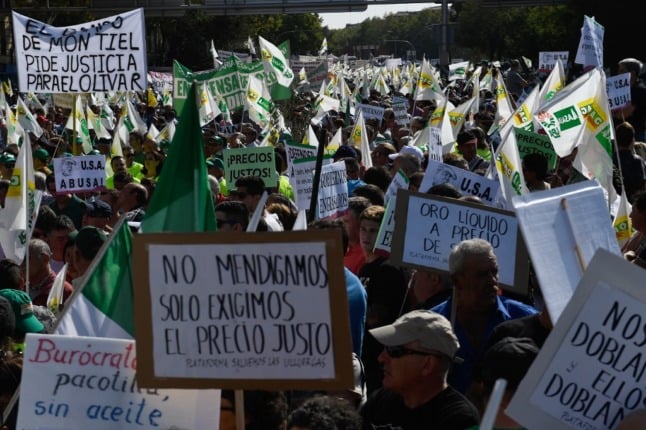“In light of the responsibility the Financial Sector Union’s members shouldered during the financial crisis… and the results the Swedish banks are posting, we would expect a greater willingness to guarantee each member a salary increase to maintain their buying power,” said union negotiator Ulrika Boëthius in a statement on Friday.
The Financial Sector Union (Finansförbundet) has been negotiating since October 2010 with the Banking Institutions’ Employer Organisation (Bankinstitutens Arbetsgivareorganisation, BAO) over the wages and employment conditions of its 30,000 members in the banking and finance industries.
The most recent contract expired at the end of last year and has been extended since then. The union has stated that it will not be possible to come to an agreement on a new contract.
“We were prepared to negotiate further, but the employers were not willing to waive their source claims,” Ulrika Boëthius said.
“With the lack of cooperation we encountered from the employers’ side, we see that we are forced to cancel the contract and prepare for a possible conflict notice. In that case, a new contract would come into force by March 5th at the earliest,” she added.
Boëthius pointed out that Swedish banks pulled in over 50 billion kronor ($7.8 billion) in profit after loan losses and taxes in 2010, while a 3 percent wage increase for her organisation’s members would cost about 600 million kronor.



 Please whitelist us to continue reading.
Please whitelist us to continue reading.
Member comments